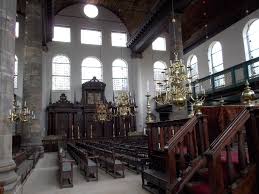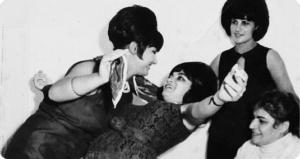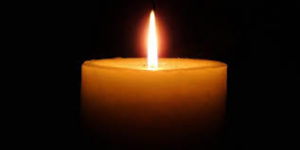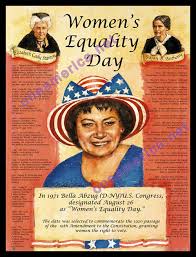
When you stand in the Esnoga, the massive Portuguese Synagogue in Amsterdam, built in 1675, you are aware that you are standing in one of the most remarkable places in the Jewish world. Standing there, alone, with a friend, as I did on a recent quiet Sunday morning, you can only gape at its ambition, its vaulted ceilings, its elaborate candelabras. (Its services are still only lit by candlelight.)
There isn’t a Jewish community anywhere quite like that in Amsterdam. There was little Jewish presence in the city before 1600. And then, as the Netherlands made its astonishing rise from minor Hapsburg dominion to the most powerful economic power in the world, Jews started to come in large numbers. Because of the Hapsburg connection, most of the Jews came from Portugal, and unlike any other Jewish community, before or since, it was largely comprised of new Jews, persons who hadn’t started their lives as Jews, but as conversos. They were primarily individuals who wanted to be Jewish, but really didn’t know much about their religion, and in this, two centuries before Jewish emancipation, they were the first modern Jewish community, having to find and create their traditions, rather than being born into one.









